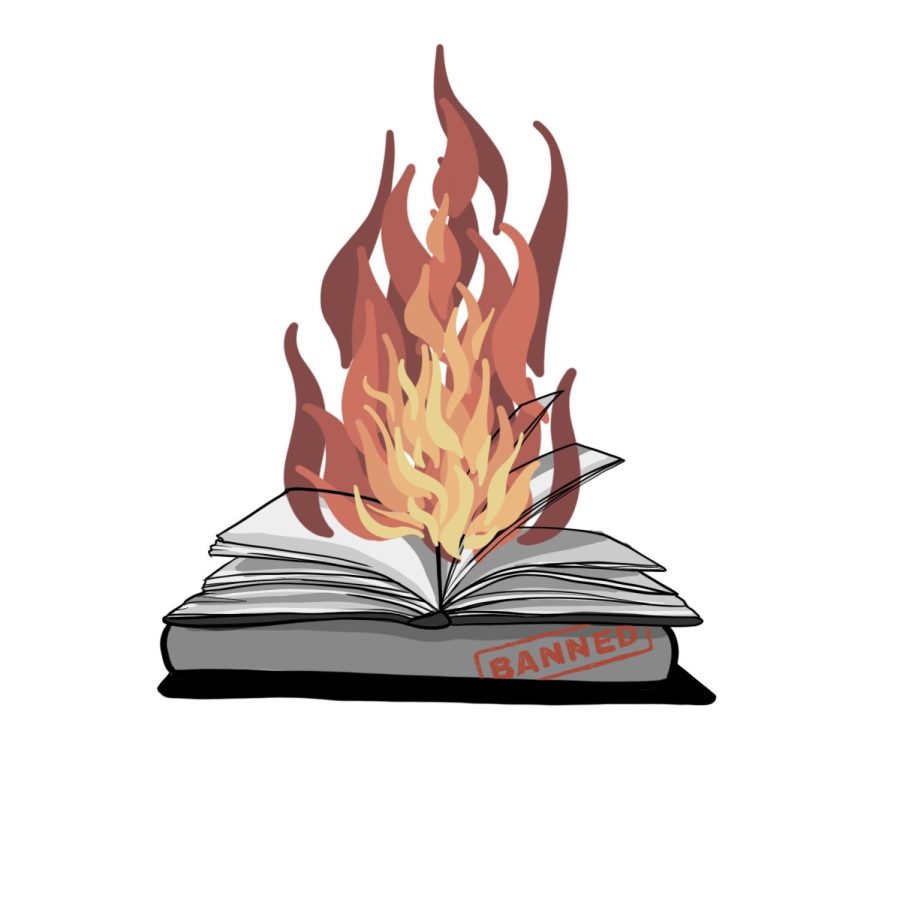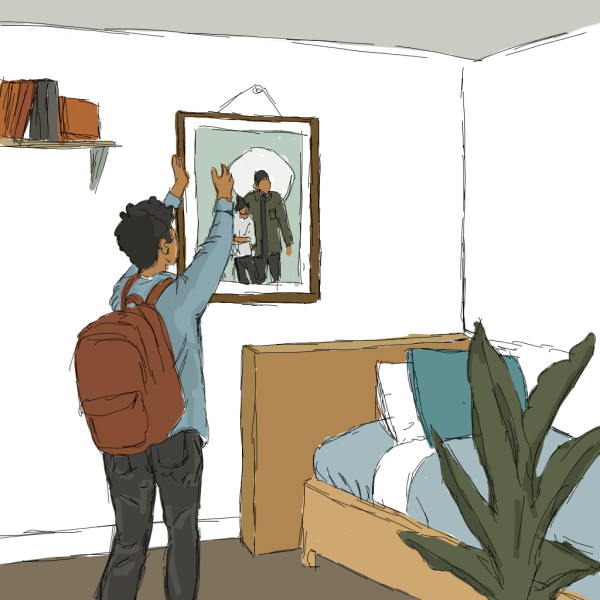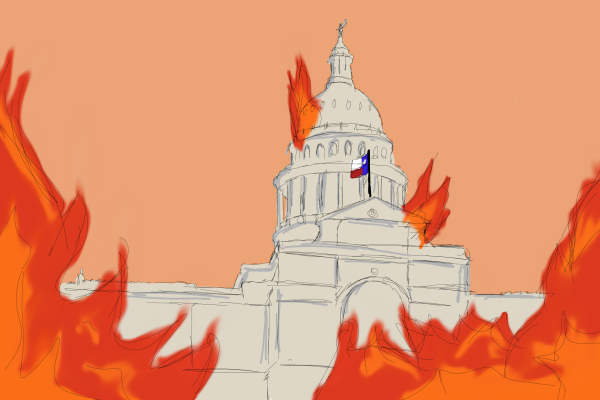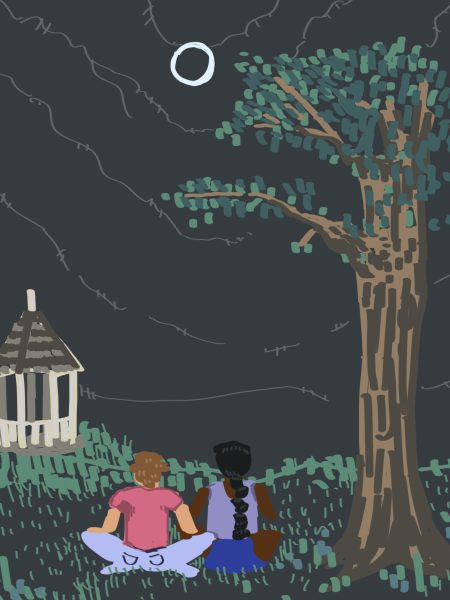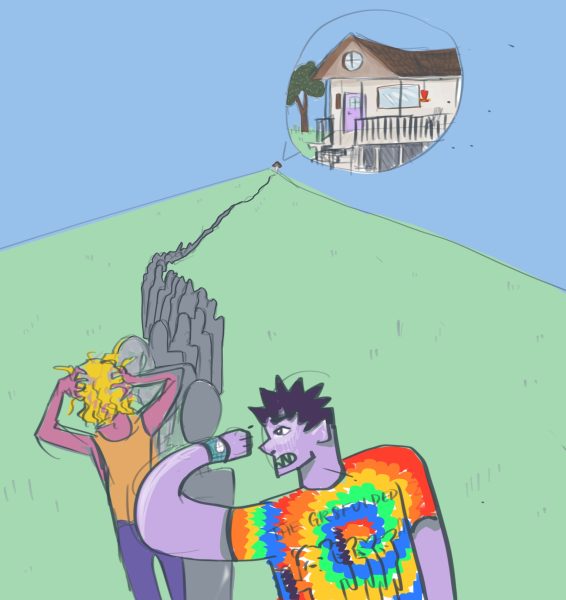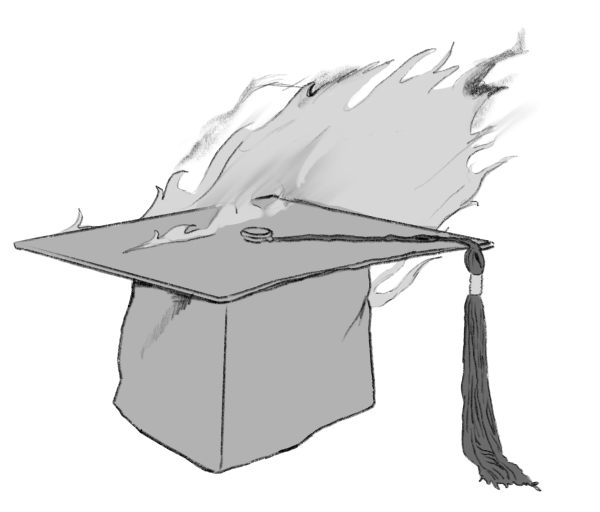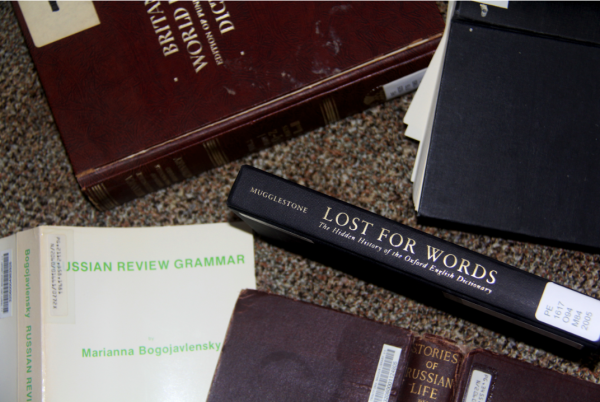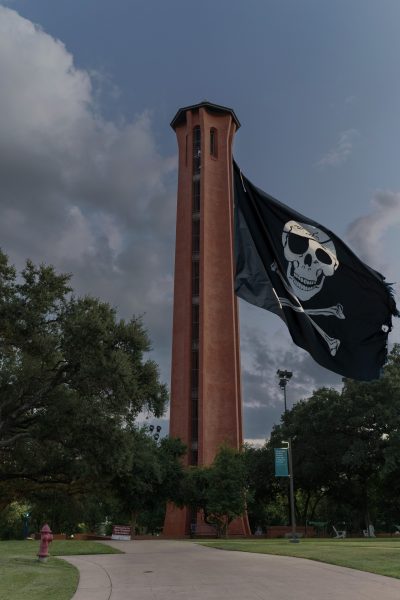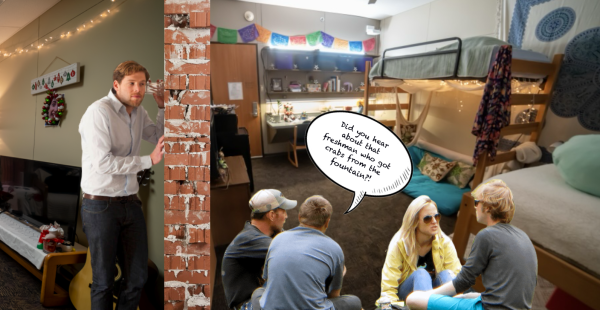Bring back books
Last year, I graduated from Leander High School located in the suburbs of Austin, Texas. During my senior year, a controversy sprouted surrounding several books in the English curriculum. Parents flocked school board meetings with strongly worded speeches arguing that their child should not be reading books about sex. At one meeting, an angry parent pulled out a pink strap-on dildo to explain why the novel “In the Dream House” should be banned.
School districts in cities across Texas such as Austin, San Antonio, Houston and Dallas are facing record numbers of book bannings. Within this past school year, districts are facing more requests to ban books than they have in the past two decades combined. My home district banned 11 books last December alone, including “In the Dream House.” Unsurprisingly, all of these books feature themes such as queer relationships, sex positivity, racism or sexual assault.
Actively excluding books featuring marginalized groups suppresses their stories and pushes a narrative of a whitewashed, homogeneous America that simply does not exist. In terms of my home school district, the culture being pushed is a heterosexual, white culture that excludes many sexualities and races. By banning books contrary to their culture, parents are enforcing the power structure they are benefitting from.
To what extent should parents have a say in the library’s collection or students’ English curriculum? Especially in the case of my home district, the books being banned are optional reading or simply books in the library’s collection. Without exposure to new ideas and dynamics which may be potentially troublesome, students receive a sheltered education that is heavily biased toward their societal norm.
The common concern among parents is protecting their children from uncomfortable, challenging and potentially offensive topics. The aforementioned novel, “In the Dream House,” advocates for fair treatment of domestic violence cases in non-heterosexual relationships. While it may be true that the novel references sexually explicit and traumatic content, students should be challenged by literature.
One of the beauties of literature is its ability to share uncomfortable topics. It can be comforting to hear others’ stories, especially for those who have experienced trauma. For example, Trinity’s mandatory sexual consent videos were eye-opening for many people I know, as many did not realize the gravity of what abuse victims went through. It was uncomfortable and hard for them to hear, but it also helped with being able to identify with others’ situations. Banning books because they are uncomfortable prevents students from learning about themselves and others around them.
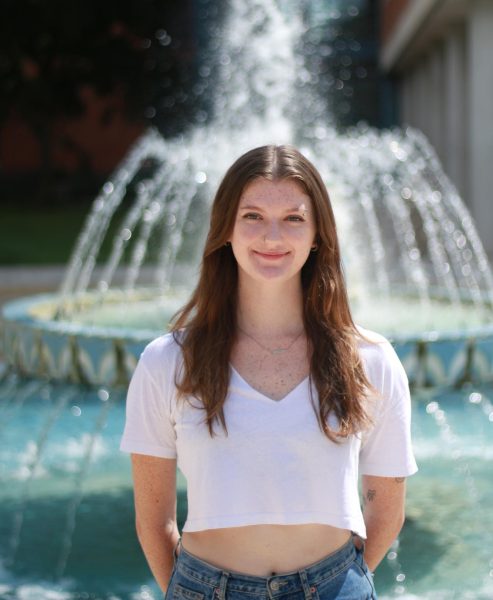
My name is Rachel Oliver (she/her), and I am a junior economics major and urban studies minor. I am the managing editor, and this is my third year working...

